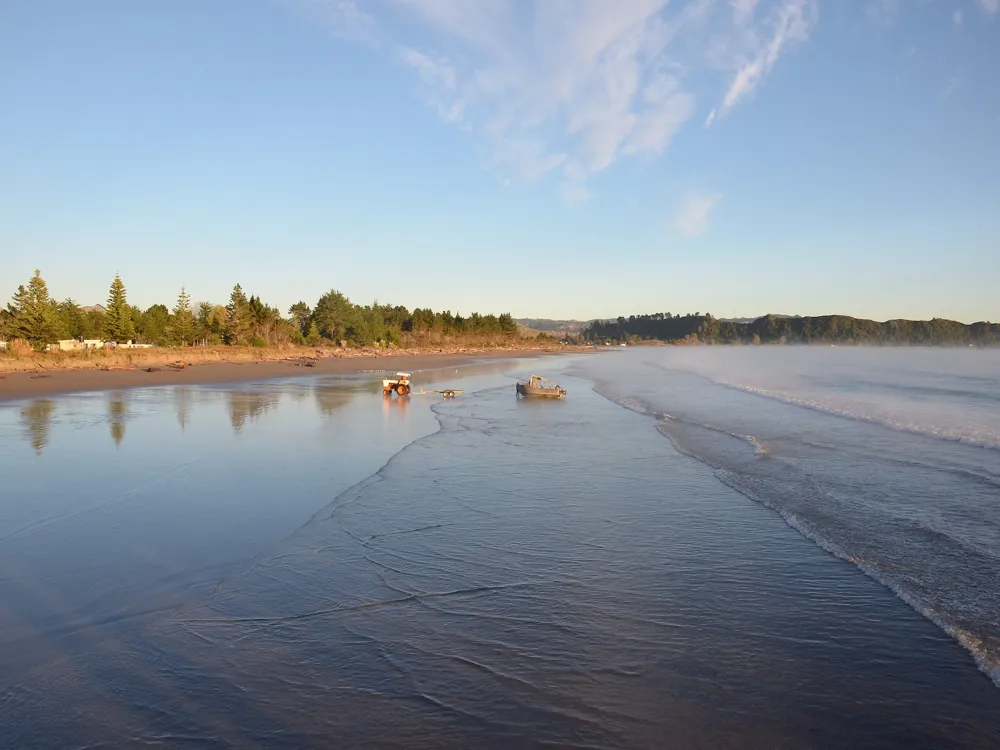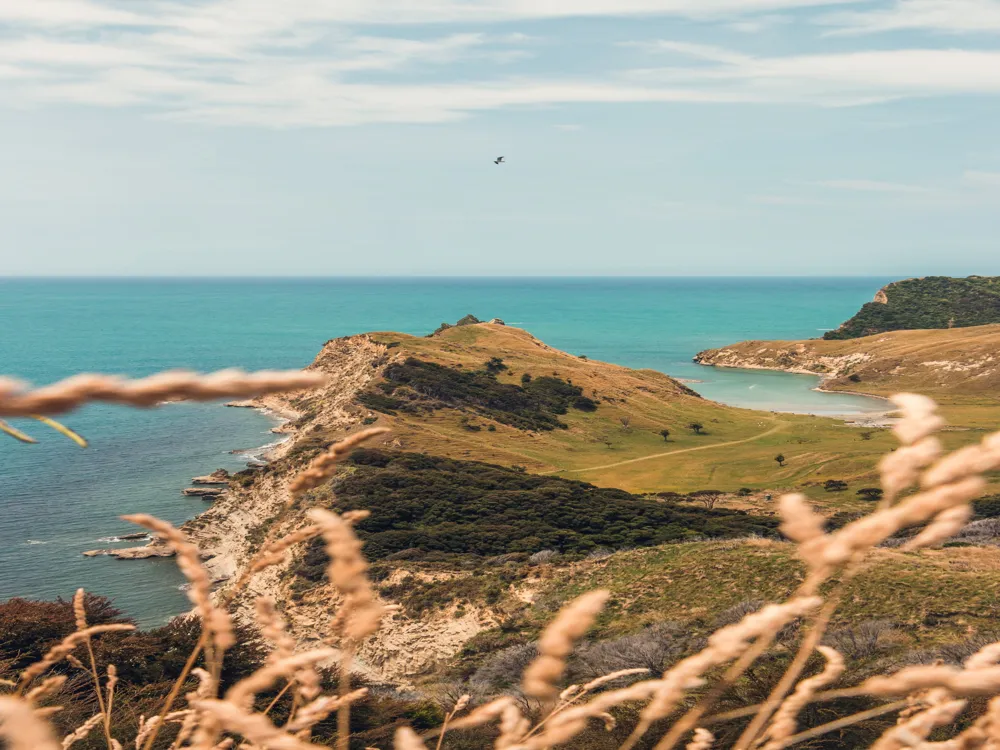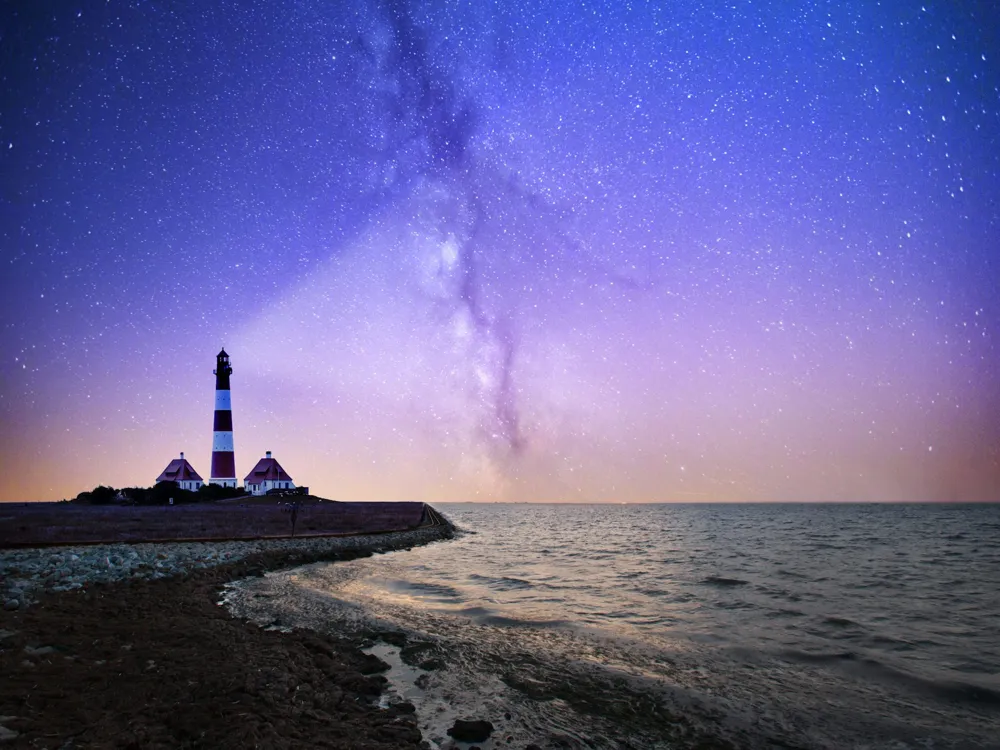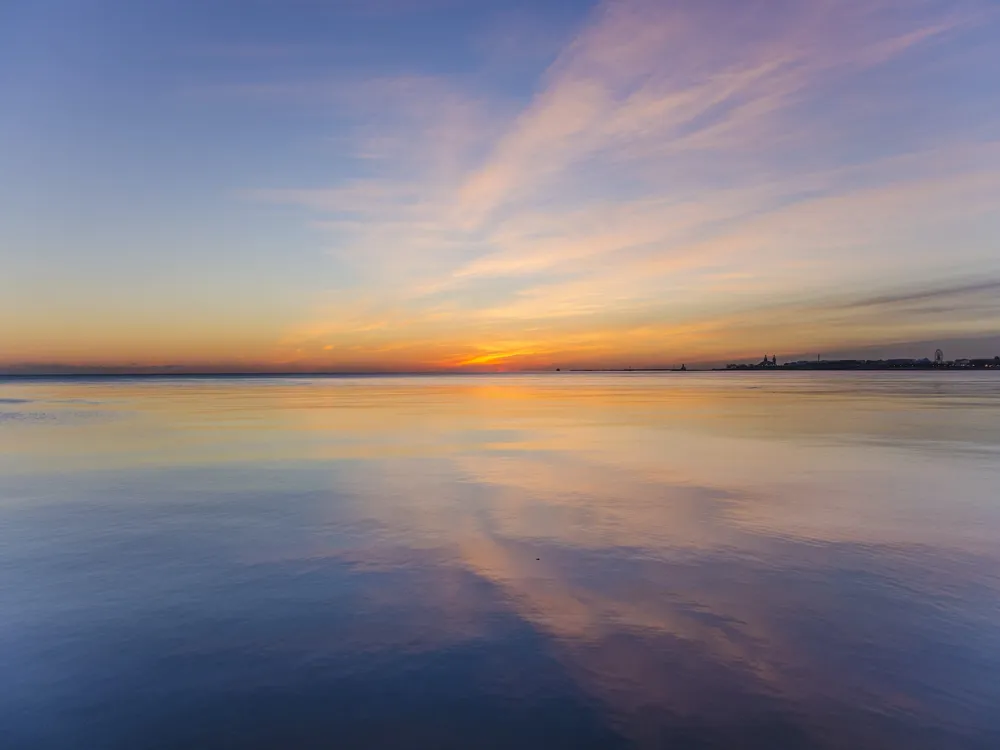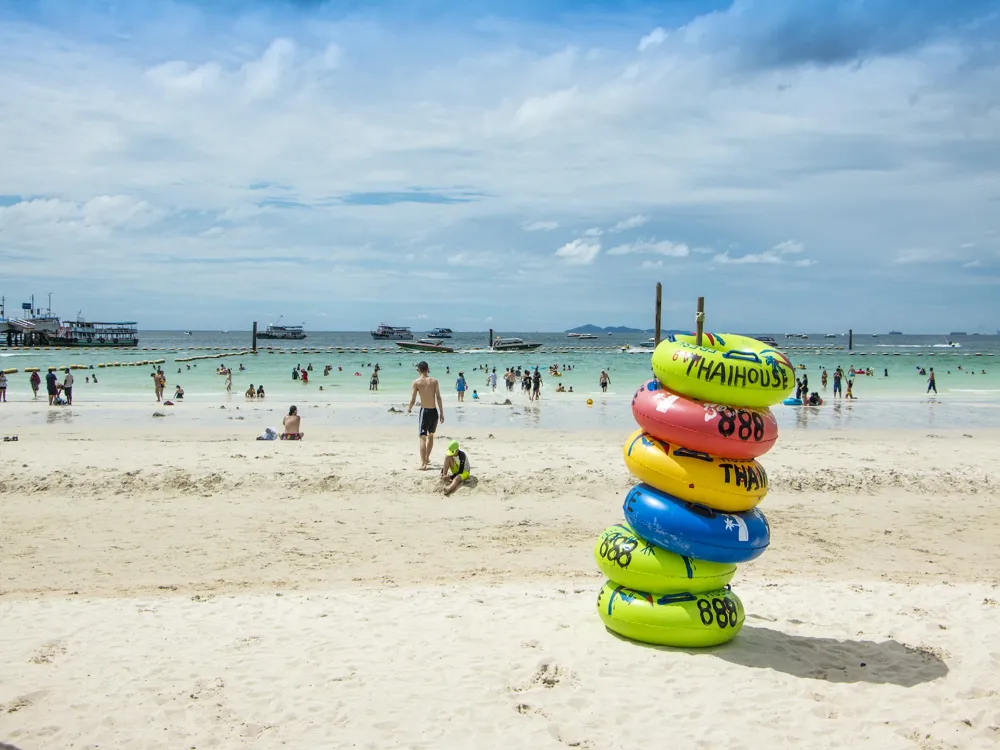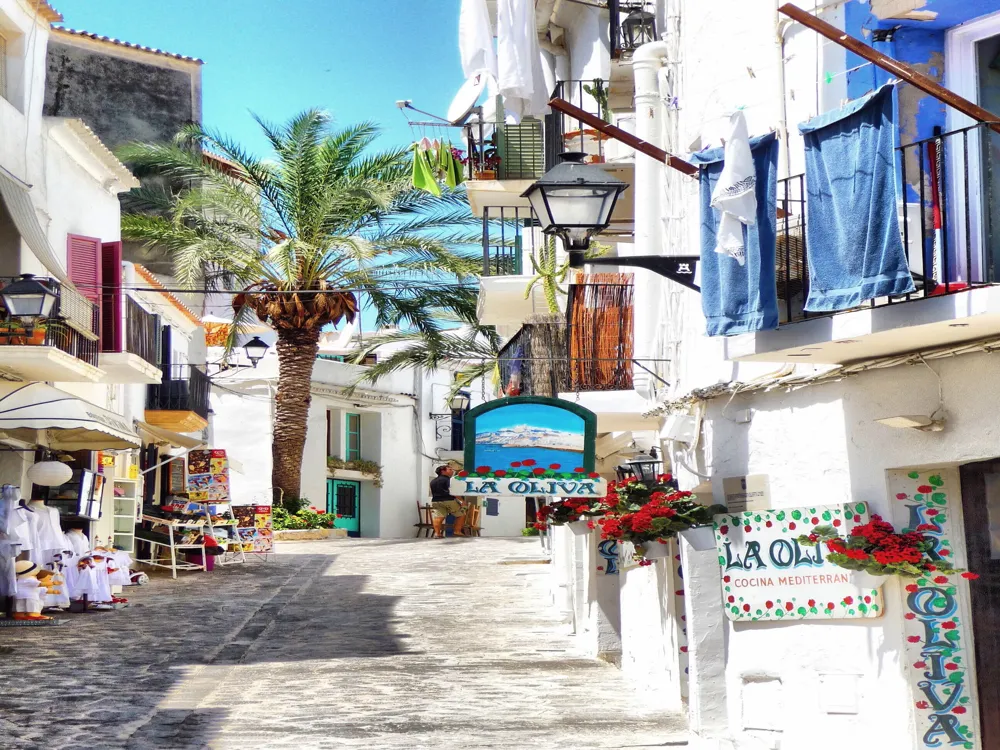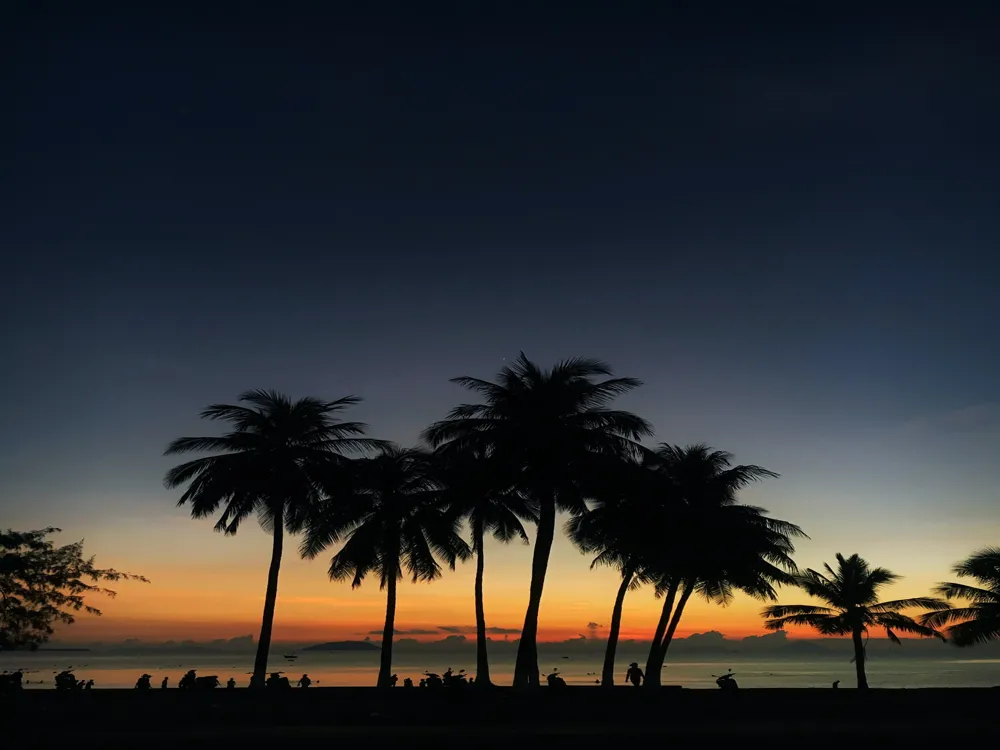Best Time to Visit Gisborne
New Zealand
7 out of 52 Places to visit in New ZealandNaN onwards View Packages
Get Customized PackagesThe Land of Diversity
Top Hotel Collections

Private Pool

Luxury Hotels

5-Star Hotels

Pet Friendly
What is the Best Time to Visit Gisborne?
Gisborne, nestled on the eastern coast of New Zealand's North Island, is a captivating destination that offers a unique blend of natural beauty and cultural richness. Planning the perfect visit involves choosing the right time to make the most of your experience. Let's delve into the nuances of Gisborne's seasonal charm and discover the best time to explore this hidden gem.
More about Best Time to Travel to Gisborne
Travel Peak Season in Gisborne
Gisborne truly comes alive during its peak season, which spans from late spring to early autumn. The months of November through April boast mild temperatures, ranging from 18 to 25 degrees Celsius, creating an ideal climate for outdoor activities. During this period, you'll witness the region's landscapes in full bloom, with vibrant flora and fauna painting a picturesque backdrop.
Tourists flock to Gisborne's renowned vineyards, taking advantage of the warm weather for wine tasting and vineyard tours. The iconic Rere Rock Slide and Eastwoodhill Arboretum are must-visit attractions, offering a delightful blend of adventure and tranquility.
Travel Offseason in Gisborne
For those seeking a more tranquil experience, the offseason in Gisborne, from May to October, provides a serene escape. While temperatures may dip slightly, ranging from 10 to 18 degrees Celsius, the region still offers a unique charm.
During the offseason, you can explore Gisborne without the crowds, immersing yourself in the local culture and enjoying the unspoiled beauty of its landscapes. Take leisurely strolls along the pristine beaches or indulge in a quiet retreat at the famous Morere Hot Springs, rejuvenating both body and mind.
Gisborne Travel Packages
View All Packages For Gisborne
Gisborne in Shoulder Season
Gisborne's shoulder season, spanning from March to May, ushers in a delightful balance of warm and cool temperatures. This transitional period marks the shift from the summer fervor to the serene autumn ambiance.
During the shoulder season, you can savor the last traces of summer's vibrancy while enjoying the gradual emergence of autumn hues. The vineyards, adorned with golden leaves, create a scenic tapestry, offering a unique backdrop for wine enthusiasts. Take leisurely walks through Gisborne's botanical gardens or attend local events that capture the essence of this transitional time.
Gisborne in Hot Season
As the mercury rises, Gisborne transforms into a haven for sun seekers. The hot season, from December to February, sees temperatures soar, making it perfect for beach enthusiasts. Wainui Beach and Midway Beach beckon with golden sands and excellent surf conditions.
Embrace the lively atmosphere as outdoor events and festivals dot the calendar. The Gisborne Wine and Food Festival, held in late February, is a highlight, showcasing the region's finest culinary offerings and world-class wines.
Gisborne in Rainy Season
Contrary to the popular belief that rain dampens the travel spirit, Gisborne's rainy season, from June to August, unfolds a different kind of allure. The gentle rain showers bring the landscapes to life, creating a lush and vibrant backdrop.
Explore the scenic beauty of Te Urewera National Park or take a leisurely drive along the East Cape Pacific Coast Highway, where misty landscapes and cascading waterfalls await. The region's wineries, adorned with rain-kissed vines, offer a cozy and intimate setting for wine enthusiasts.
Gisborne in Cool Season
The cool season, spanning from September to November, marks the beginning of spring in Gisborne. Mild temperatures and blooming flora make it an excellent time for nature enthusiasts and photographers alike. Witness the city's transformation as cherry blossoms and wildflowers adorn the streets.
Embark on a journey to the East Cape Lighthouse, perched atop stunning cliffs, providing panoramic views of the coastline. Gisborne in the cool season offers a perfect blend of nature's beauty and cultural richness.
Places To Visit In Gisborne
Nearby Places Gisborne
Gisborne Photos
View All Photos For GisborneBrowse Package Collections
Browse Hotel Collections
Faq
1. When is the best time to visit Gisborne?
The best time to visit Gisborne is during the summer months, from December to February. This period offers warm temperatures, vibrant festivals, and ideal conditions for outdoor activities.
2. What is the weather like in Gisborne during the recommended months?
During the summer months, Gisborne experiences warm temperatures ranging from 20 to 30 degrees Celsius (68 to 86 degrees Fahrenheit). The weather is generally sunny with occasional sea breezes.
3. Are there any specific events or festivals during the recommended period?
Yes, Gisborne hosts the famous Rhythm and Vines Festival on New Year's Eve, attracting music enthusiasts from around the world. The festive atmosphere and live performances make it a unique time to visit.
4. Is Gisborne a suitable destination during other seasons?
While summer is ideal, Gisborne is a year-round destination. Autumn (March to May) offers pleasant weather and grape harvesting, making it great for wine enthusiasts. Spring (September to November) is also lovely with blooming flowers.
5. What should I pack for a visit during the recommended months?
Pack lightweight clothing, sunscreen, a hat, and sunglasses for the sunny weather. If you plan to attend outdoor events, consider bringing a picnic blanket and comfortable shoes.




